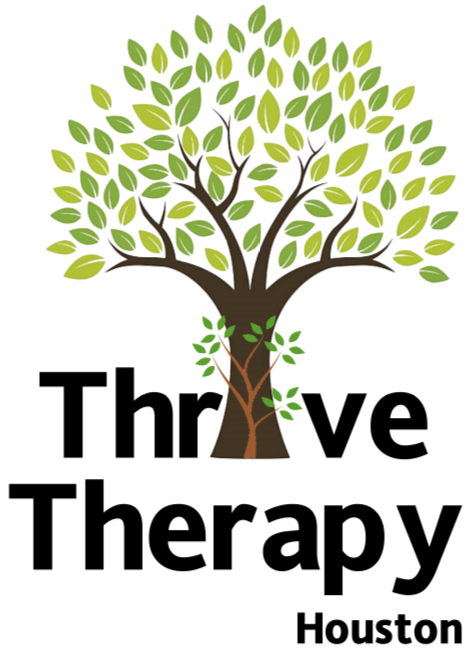Cognitive Behavioral Therapy (CBT)
Cognitive Behavioral Therapy (CBT) was developed by Aaron Beck in the 1960's. Cognitive Behavior Therapy (CBT) is a method of psychotherapy that involves helping people to see how their thoughts and behaviors relate to the way they feel and how this might contribute to their problems. CBT addresses the unhelpful interaction of thoughts, behaviors, and emotions. CBT primarily developed through the merging of two therapies: Cognitive Therapy and Behavior Therapy. This integration of cognitive and behavioral interventions and theories is then applied as treatment to address a multitude of challenges.
"Cognitive Behavioral Therapy has developed a reputation as a “gold standard” treatment. It appears to be a first-line intervention for people with any kind of emotional difficulty and some physical difficulties."
- Dr. Maury Joseph, PsyD
Schedule an appointment online:
CBT is based on the notion that our actions (what we do), our thoughts (what we think), and our emotions (what we feel) are all interrelated. For example, people who are depressed or anxious tend to have negative thoughts such as ‘I am a failure’ and ‘No one could like me’. As a result they might stop seeing their friends or family, or avoid doing things that they usually Lind pleasurable. Cognitive therapy focuses on making patients aware of speciLic thought patterns that feed their problems and teaching them to try new ways of thinking. Sometimes CBT focuses more on helping people to change their behavior. For example, someone who is anxious about being on buses or trains might start to avoid traveling, which then leads to more and more avoidance. Eventually the person lends themselves unable to go out at all. Behavior Therapy encourages patients to start to face the situations that they fear and gradually gives them back their confidence.
"There is nothing either good or bad, but thinking makes it so..." - Shakespeare
Research studies on CBT have consistently supported the effectiveness of this treatment modality to treat a variety of challenges including anxiety, depression, PTSD symptoms, and many other disorders. Due to its wide-reaching effectiveness, CBT is a commonly used treatment for a variety of ailments. The large body of research makes CBT, according to the National Institute for Health and Care Excellence’s guidelines and American Psychological Association, the first-line treatment for many disorders.
LEARN MORE: About CBT Model Handout
LEARN MORE: Why Cognitive Behavioral Therapy Is the Current Gold Standard
LEARN MORE: CBT Brochure
References
Beck, J. S., & Fleming, S. (2021). A Brief History of Aaron T. Beck, MD, and Cognitive Behavior Therapy. Clinical psychology in Europe, 3(2), e6701. https://doi.org/10.32872/cpe.6701
Beck, J. S. (2020). Cognitive Behavior Therapy, Third Edition: Basics and Beyond. New York, NY, USA: Guilford Press.
David, D., Cristea, I., & Hofmann, S. G. (2018). Why cognitive behavioral therapy is the current gold standard of psychotherapy. Frontiers in Psychiatry, 9, 4. 10.3389/fpsyt.2018.00004
Hofmann SG, Asnaani A, Vonk IJJ, Sawyer AT, Fang A. The efficacy of cognitive behavioral therapy: a review of meta-analyses. Cognit Ther Res (2012) 36(5):427–40. 10.1007/s10608-012-9476-1
Hofmann SG, Asmundson GJ, Beck AT. The science of cognitive therapy. Behav Ther (2013) 44:199–212. 10.1016/j.beth.2009.01.007
Hayes SC, Hofmann SG. The third wave of CBT and the rise of process-based care. World Psychiatry (2017) 16:245–6. 10.102/wps.20442
Chambless DL, Hollon SD. Defining empirically supported therapies. J Consult Clin Psychol (1998) 66(1):7–18. 10.1037/0022-006X.66.1.7
Cuijpers P, Cristea IA, Karyotaki E, Reijnders M, Huibers MJ. How effective are cognitive behavior therapies for major depression and anxiety disorders? A meta-analytic update of the evidence. World Psychiatry (2016) 15(3):245–58. 10.1002/wps.20346
